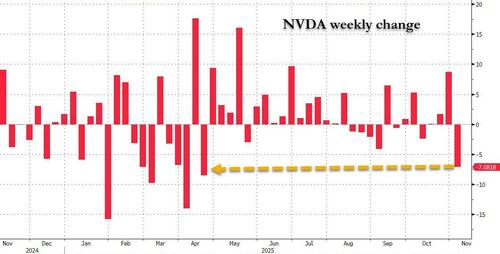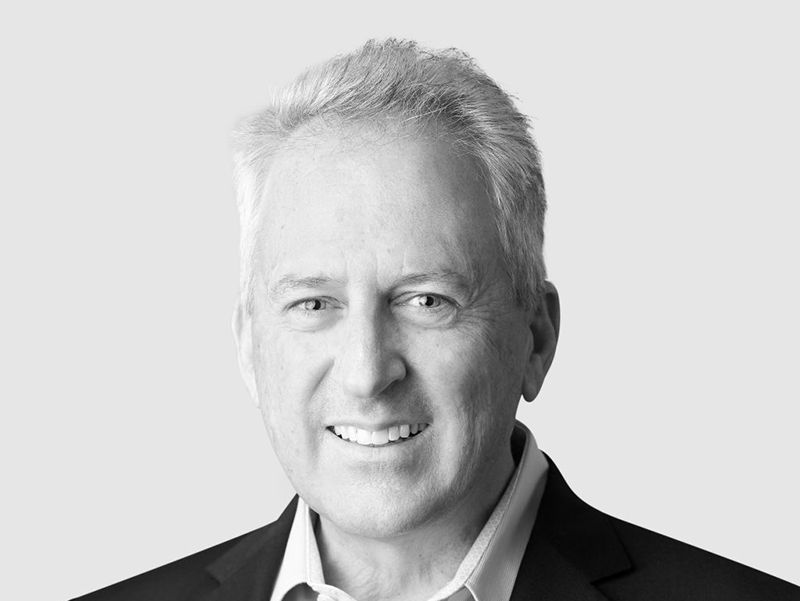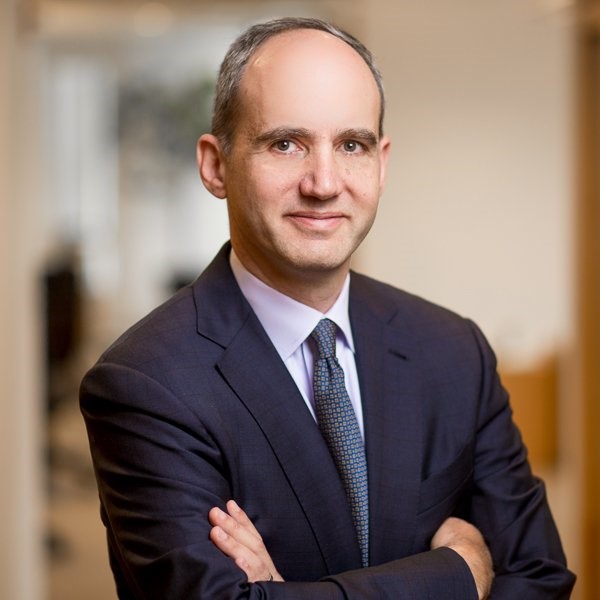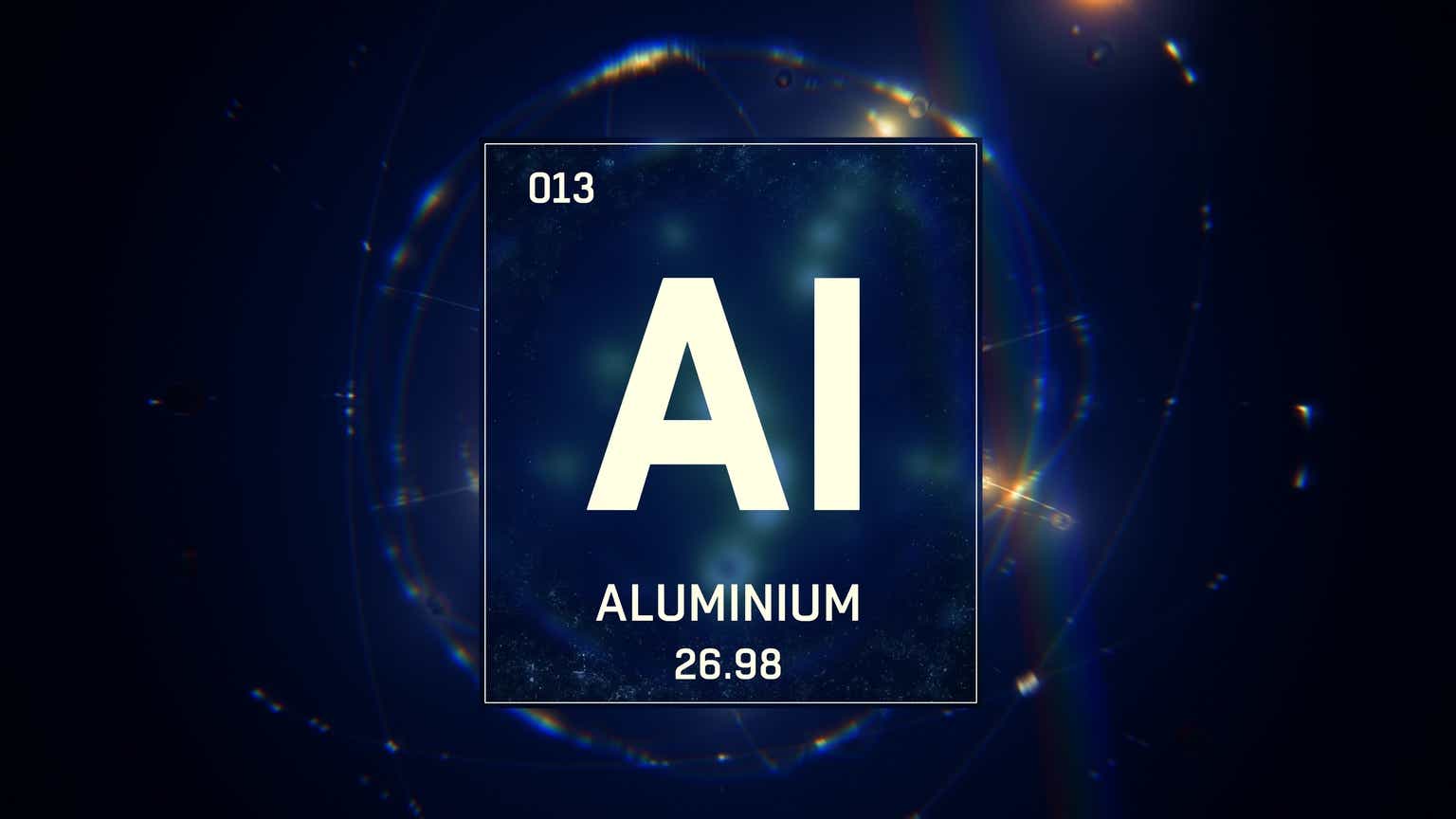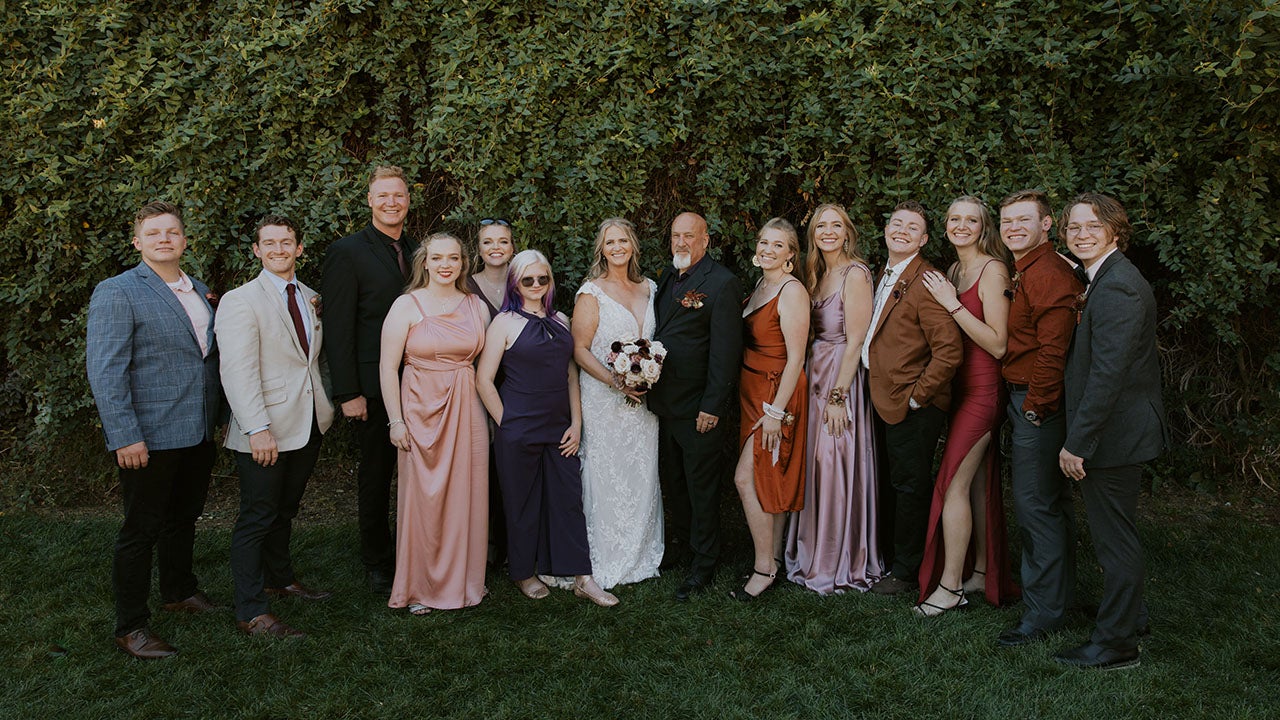Since 1947, the United States (US) and India have built a strong friendship, founded on our common values and fostered by a range of close economic ties and shared opportunities. As governor of the Commonwealth of Virginia and now as US senator, I have seen the growth of this relationship up close over years, and firmly believe that the India-US relationship must be a priority for our country, which is why I have served for over a decade as co-chair of the India Caucus in the US Senate.

The Senate India Caucus is the largest country-focused group of bipartisan senators — representing close to half of the legislative body — who have all chosen to join our group based on the importance they assign this bilateral relationship.
Here in the US, support for this relationship has remained constant across successive presidential administrations, regardless of political party, and among the American people, who recognise in India a nation much like our own — diverse, prosperous, and democratic.
These bonds are strengthened by the Indian-American community. The US is proudly home to more than four million individuals of Indian descent, representing a range of faiths, backgrounds, and lived experiences, who are making critical contributions to the culture, economy, security and government of the US. Demonstrating the importance of this vital relationship to our country, the US is this week hosting Prime Minister (PM) Narendra Modi and a delegation of Indian leaders as part of an official State visit that will include stops at the White House and the US Congress.
This visit comes at a proud and notable moment for India on the international stage, as the nation celebrates 75 years of Independence, and holds the presidency of the G20, the world’s premier forum for international economic cooperation.
PM Modi’s visit has tremendous potential to deepen the bonds between our countries, and expand a number of lines of cooperation. In 2016, India was designated a major defence partner of the US. Our countries have increasingly undertaken bilateral and multilateral military exercises, and are taking key steps to boost defence industrial base collaboration.
As the region faces serious security challenges, our two nations share a belief that the Indo-Pacific must be free, open, and resilient.
In a recent visit to India, I saw firsthand the enormous progress Indians have made in building an economy that embraces entrepreneurship and opportunity, with an embrace of modern technology and an emphasis on innovation. India has taken critical steps to build a digital economy and public infrastructure, strengthening an already vibrant tech ecosystem, and offering considerable potential for continued maritime, space, cyber and technological partnership.
Last year, the US and India launched the joint Initiative on Critical and Emerging Technology (iCET), enabling our countries to jointly invest in co-development and co-production of technology, partner on cutting edge research in areas such as biotechnology and Artificial Intelligence, and advance uses of these technologies in ways that support our shared democratic values.
In the face of rising global authoritarianism, it is more important than ever for our countries — as the world’s two largest democracies — to respect and reaffirm the shared values that are the foundation of both of our countries, and to bolster democracy, universal human rights, tolerance and pluralism, and equal opportunity for all citizens. The US sees India as a strong and valued partner — and through my work in the US Senate, I look forward to welcoming PM Modi, and working to strengthen this friendship to our countries’ mutual benefit in the years to come.
Senator Mark R Warner, a Democrat, has represented Virginia in the US Senate since 2009 He serves as chairman of the Senate Select Committee on Intelligence. The views expressed are personal





